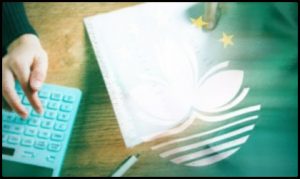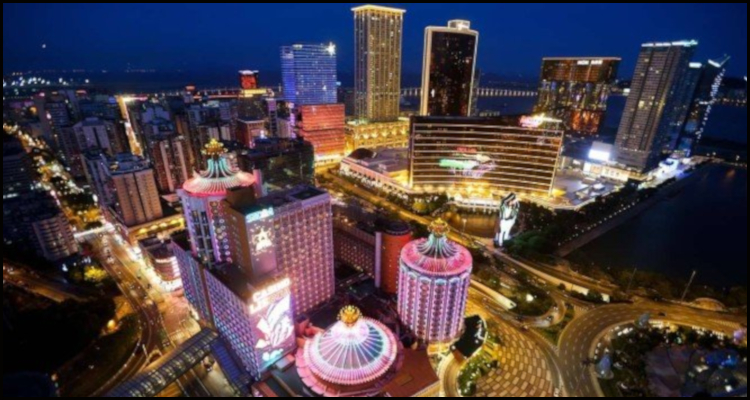The over 40 casinos in the gambling-friendly enclave of Macau reportedly contributed almost $1.08 billion in aggregated taxes during the first three months of the year including approximately $371.21 million in March.
According to a report from GGRAsia citing official information from the city’s Financial Services Bureau, the first-quarter figures represented a decline of 4.8% year-on-year although the figure for last month equated to an increase of 21.5% when compared with the $305.65 million chalked up for the whole of February. The source detailed that the authority had earlier forecast that it would collect an optimistic $6.15 billion in combined taxes from gambling for the entirety of 2022.
Definitive duties:
Macau is home to some of the world’s largest and most famous gambling venues including the iconic Casino Grand Lisboa from SJM Holdings Limited as well as Melco Resorts and Entertainment Limited’s $3.2 billion Studio City Macau. All of these operations are reportedly required to pay a 35% gross gaming revenues tax alongside smaller duties for every live dealer table, gaming machine and VIP room they operate to take their effective rate up to around 39%.
Recent recession:
GGRAsia reported that the decline in first-quarter tax revenues from gambling comes as the former Portuguese enclave recorded a slump of 24.8% year-on-year in aggregated gross gaming revenues for the three-month period to about $2.19 billion. The source explained that this final figure encompassed $785.05 million for January, $960.14 million for February and a mere $454.39 million for March.
Coronavirus concession:
This news reportedly emerged at the same time as Inside Asian Gaming reported that Macau’s Novel Coronavirus Response and Coordination Centre has further eased border restrictions for those entering the city from China’s adjacent Guangdong Province. This source disclosed that this alleviation involved extending the validity period for required negative coronavirus tests by a further day to 72 hours.
Convalescing conditions:
The Sunday move was reportedly publicized just five days after this strict testing requirement had been eased from 24 to 48 hours with local public health officials noting an improved state of affairs in neighboring mainland areas such as those around the major cities of Zhuhai, Shenzhen and Foshan. This latest guideline purportedly came into effect from yesterday morning for anyone travelling into Macau by land or sea via the city’s numerous border crossings.
Reportedly read a statement from the Novel Coronavirus Response and Coordination Centre…
“Non-Macau residents who fail to present such proof will be denied entry whereas Macau residents will be required to undergo testing at once.”



